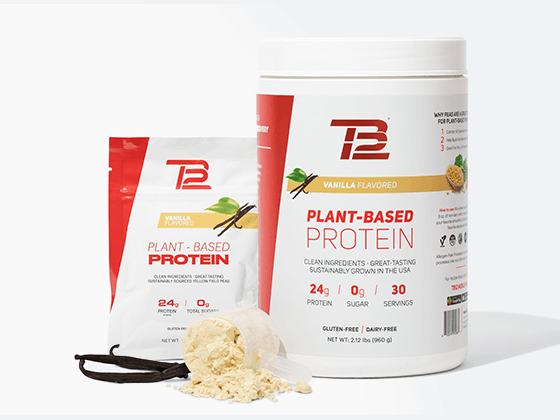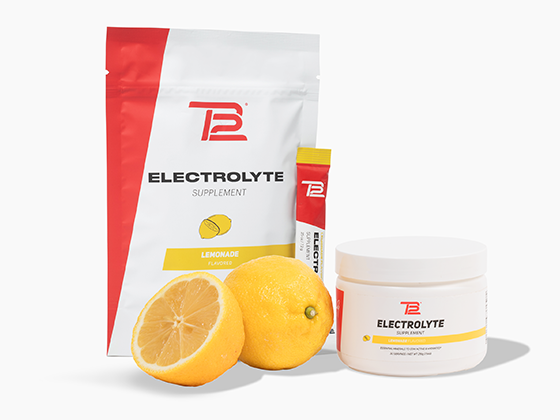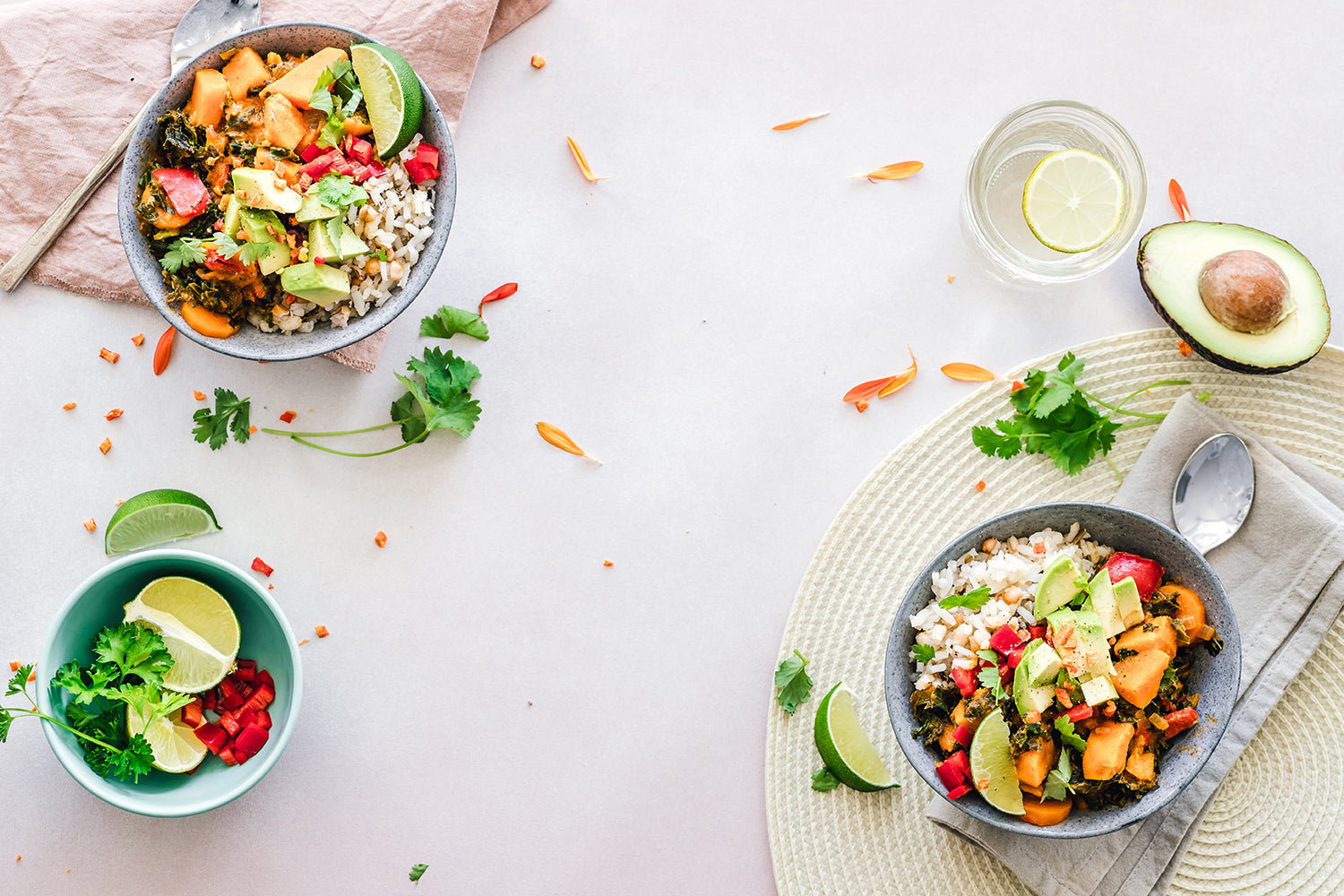The holiday season is upon us and for many that can mean changes in routine, travel, and of course different foods! But all of this can wreak havoc on your gut microbiome, leading to stomach discomfort, lethargy, and lowered immunity. Don’t let a gurgling gut get you down—read on to learn what foods to prioritize and easy tips for improving your gut health.
Eat Well-Balanced Meals
This one’s a no-brainer. If you want to boost your gut health, make sure you’re eating a primarily plant based diet (we believe in the 80/20 approach to nutrition) and incorporating a variety of different foods to support a diverse microbiome. Foods like seasonal fruits and vegetables, whole grains, nuts, beans, and other fiber rich foods help bulk up your intestines which aids in regularity and promotes gut healthy bacterias. If you don’t already, add more fermented foods into your diet. Sauerkraut, kefir, kimchi, kombucha, tempeh, and minimally processed (low-sugar) yogurts contain add probiotics to your gut and tanginess to your meals. Make sure that the packaging says “contains live cultures” for optimal results. Additionally, prebiotic fiber rich foods like asparagus, artichokes, garlic, onions, and bananas multiply the beneficial bacteria in the gut while also providing you with micronutrients that support your immune system.
Add in Spices
In general, spices are a great way to add deep and rich flavor to your meals without adding trans or saturated fats, refined sugar, or excessive calories. Specifically, spices like garlic, ginger, cardamom, and turmeric can curtail inflammation in the gut that leads to bloating and discomfort. Try lightly sautéing your vegetables in garlic, add turmeric and ginger to stir fries, soups, salad dressings, and smoothies, and put a pinch of cardamom in vegetable curries or your morning coffee. If your gut bacteria is off and you’re dealing with some nausea or indigestion, sip on a hot cup of ginger tea to soothe your stomach. Make our No-Bake Gingerbread Protein bites for an easy, holiday-inspired snack.
Incorporate Polyphenols
Foods like red grapes, blueberries, raspberries, broccoli, onions, green tea, and dark chocolate are all rich in polyphenols, antioxidants that help reduce inflammation, decrease blood pressure and cholesterol, and improve overall gut health. To incorporate more polyphenols into your diet, swap milk chocolate for dark chocolate and treat yourself to a few squares when you’re craving something sweet. Also, try dipping berries in dark chocolate for an antioxidant rich and naturally sweet dessert.
Limit Sugar and Artificial Sweeteners
We wouldn’t tell you to skip out on all of the sugary foods that mark this time of year, but keep in mind that simple sugars feed gut bacteria that can lead to digestive discomfort and inflammation. Consume indulgent foods and drinks in moderation and make sure you’re drinking enough water to fight dehydration and headaches. Although it might be tempting, sitting or laying down right after eating decadent food can exacerbate digestive issues and lead to acid reflux, so resist the urge to flop on the couch and stay upright or get some fresh air on a leisurely walk. Most importantly, don’t feel guilty or remorseful for eating your favorite sugary foods. Stressing over it can actually lead to more gut discomfort and inflammation.
Take a Probiotic
Don’t let the holiday season throw you off your supplement game. Traveling, eating less fiber, and changes in your routine, can all throw your gut health off track, leading to decreased nutrient absorption and stomach discomfort. Commit to taking your TB12 Probiotic daily with a meal to help maintain a healthy microbiome and smooth digestion. Research suggests that probiotics also support cognitive function, energy levels, and your immune system.
Manage Stress
It’s a busy time of year and tensions can run high, but the gut and the brain are intricately connected and stress can negatively impact your gut health. Cortisol can lead to inflammation in your digestive tract and throw off the balance between the helpful and harmful bacteria. It can also impact the muscles in your intestines which may lead to cramping and irregularity. To minimize stress, make a concerted effort to exercise regularly, get ample sleep, meditate or practice mindfulness, stay hydrated, and eat foods that fuel your body. Add more Vitamin C and Magnesium rich foods to your diet to strengthen your immune system. Remember that you can’t control everything, so try not to fret over things outside of your power.





